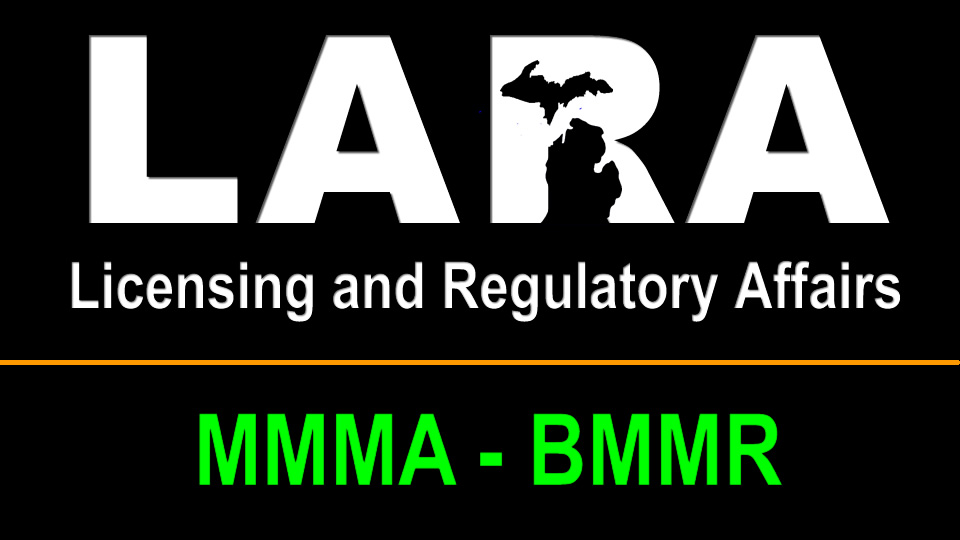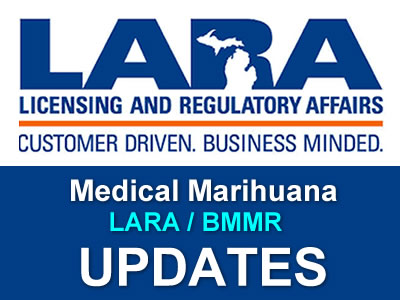
LARA-MMFLA-What prohibits a person from obtaining a license
What prohibits a person from obtaining a license?
An applicant cannot obtain a license if any of the following is true:
- The applicant is ineligible if he or she has knowingly submitted an application for a license under this act that contains false information.
- The applicant cannot be a member of the Medical Marihuana Licensing Board.
- The applicant is ineligible if he or she fails to demonstrate the ability to maintain adequate premises liability and casualty insurance for its proposed marihuana facility (an insurance policy that covers at a minimum of $100,000).
- The applicant cannot hold an elective office of a governmental unit of this state, another state, or the federal government; is a member of or employed by a regulatory body of a governmental unit in this state, another state, or the federal government; or is employed by a governmental unit of this state. This subdivision does not apply to an elected officer of or employee of a federally recognized Indian tribe or to an elected precinct delegate.
- The applicant, if an individual, is ineligible if he or she has been a resident of this state for less than a continuous 2-year period immediately preceding the date of filing the application. This requirement does not apply after June 30, 2018.
- The applicant is ineligible if the Board determines he or she failed comply with section 205(1).
- The applicant fails to meet other criteria established by rule.
- The applicant is ineligible if he or she has been convicted of or released from incarceration for a felony under the laws of this state, any other state, or the United States (federal law) within the past 10 years or has been convicted of a controlled substance-related felony within the past 10 years.
- The applicant is ineligible if he or she has been convicted of a misdemeanor involving a controlled substance, theft, dishonesty, or fraud in any state within the past 5 years.
- The applicant is ineligible if he or she has been found responsible for violating a local ordinance in any state involving a controlled substance, dishonesty, theft, or fraud that substantially corresponds to a misdemeanor in that state within the past 5 years.

